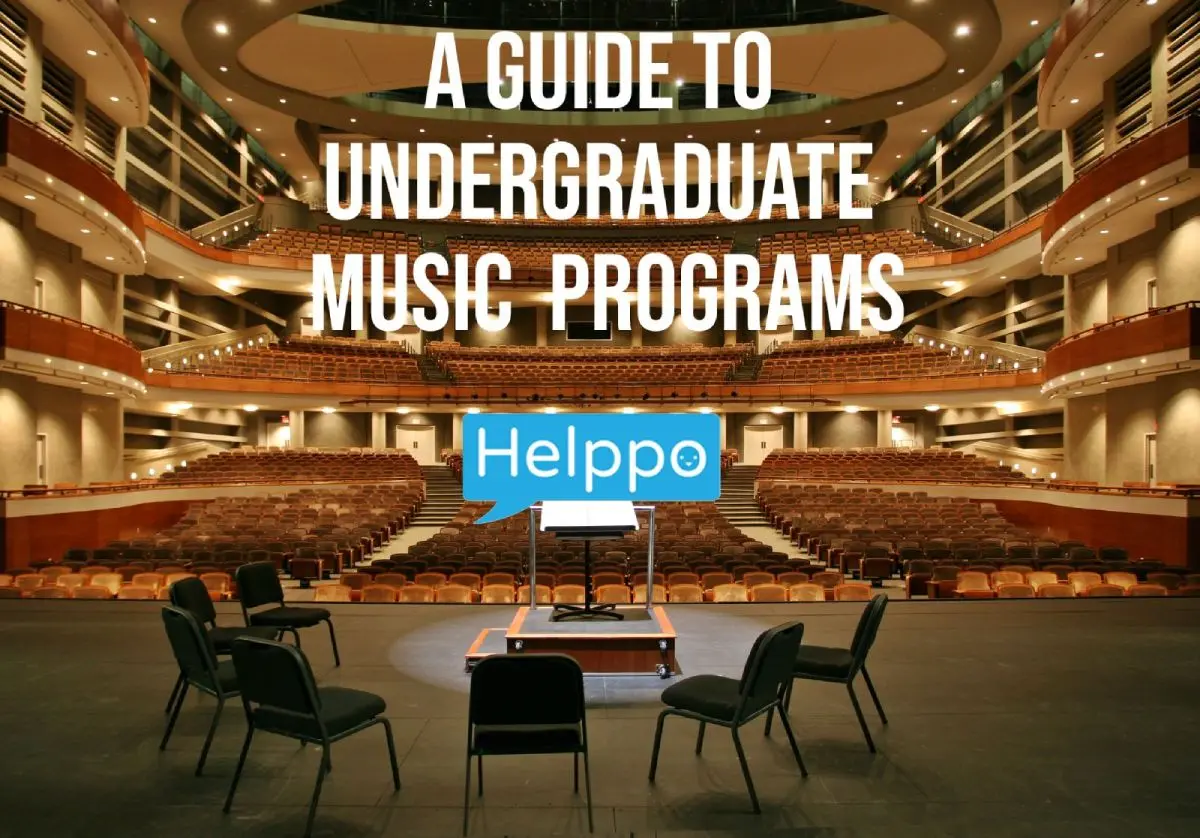A Guide to Undergraduate Music Programs
PUBLISHED MON , DEC 30 2019
Passionate about pursuing a career in music? Have you considered auditioning for music schools? If you are a high school student and you’re thinking about majoring in music at college, then keep on reading.

Choosing your program & school
Most four-year universities offer bachelor’s degrees in music, including both Bachelor of Arts (B.A.) and Bachelor of Music (B.M.). Both degrees have different admission requirements, but the BM has a more rigorous curriculum. It also requires a higher level of technical achievement in a student’s musical performance. In other words, it’s more difficult to get accepted to a Bachelor of Music degree.
Before beginning your applications, I strongly recommend researching schools and the professors currently teaching. Try to get in contact with the instructors and set up a consultation lesson or meeting. It's important to get a sense of what sort of training to expect once you’re accepted. The instructor may also tell you if you have a good chance of being accepted into the school.
Also, have a look at the performance opportunities they offer and if they’re very competitive. Some schools have a very intense and competitive group of musicians. Recognizing these factors will help you to narrow the list of schools to apply to.
Applying
If you’ve found a professor or school you like, congratulations! Now it’s time to begin your applications. I would suggest having three tiers of schools on your list, including the top, internationally recognized conservatories, nationally competitive schools, and safety schools. Having all three levels of schools will guarantee your acceptance.
Most schools will ask for a personal statement regarding your aspirations and interest. It’s a good idea to use this opportunity to share your passion and ambition with the administration. After sending in your application, next comes the most nerve-racking part: auditions.
Auditions
How do I audition if the schools are far away from where I live? Many schools require a pre-screening submission during the audition process, which generally includes video recordings of various pieces. Check the websites for the latest updates on their pre-screening requirements. For example, in classical vocal performance, they’ll usually ask for several contrasting pieces in different languages, including both arias and art songs.
If your recordings are good enough, they’ll invite you to a live audition on campus. The audition panel will request more pieces but don’t panic, the live audition requirements are available on the school’s website. When you’re applying to undergraduate programs, your talent and passion are critical, so make sure to sing/play your heart out. After your audition, some schools might ask for a sight-reading test or an additional interview.
Getting accepted
After you’ve completed the challenging live audition, you can relax. Schools generally send out acceptances within a few months. You’ll have enough time to think about the different offers you receive before having to make a decision too.
Without a scholarship, the tuition for private universities in the United States is upwards of $50,000, plus expenses. Although there are also some more affordable options, I’d recommend applying to several schools to increase your chances of getting financial assistance.
Once you’ve accepted an offer, get ready to take your talent to the next level. Looking forward to seeing you perform!





